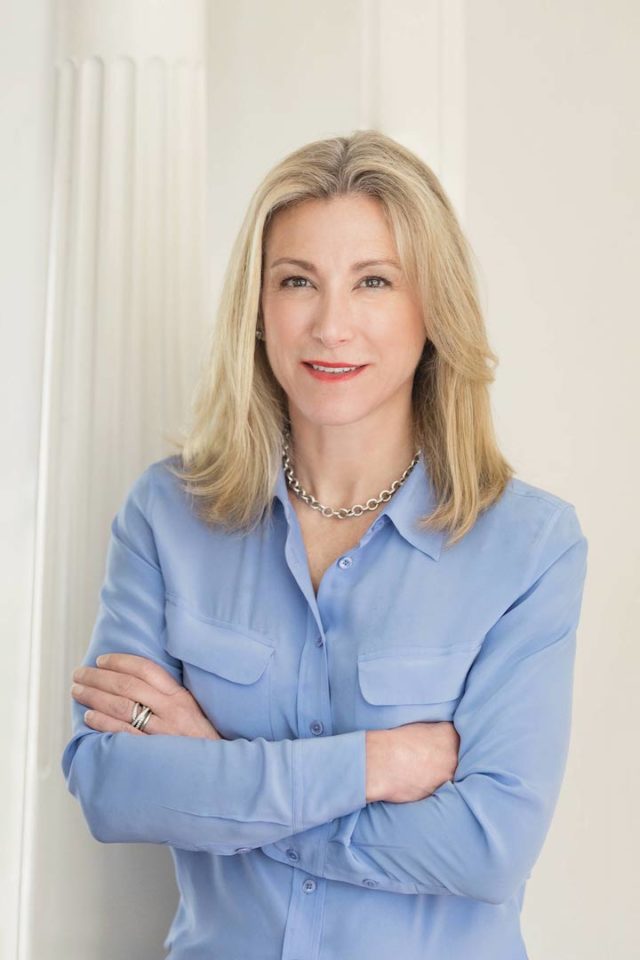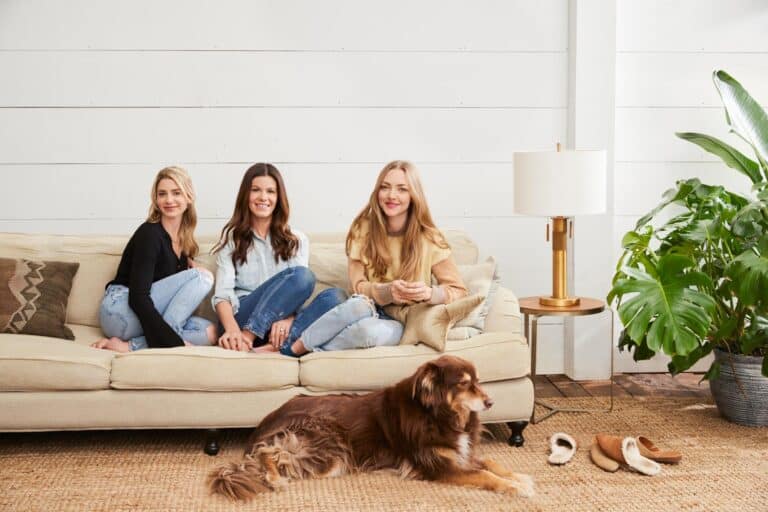When Tracy Chadwell graduated from law school in Chicago, IL, in the early ’90s, there were no available jobs, so she embraced the proverb, “necessity is the mother of invention.” She simply got a job at a law firm in Japan and learned Japanese. That resourceful, bold, make-it-happen attitude has driven her career success in international transactional law, private equity and venture capital, and led her to launch her fund, 1843 Capital, in April of 2018. With 1843 Capital, the Greenwich resident invests in companies with at least one female founder. And in a marketplace where there are lots of great ideas, she’s looking for the best of the best. She’s doing that by making smart choices, seizing opportunities, and having absolutely no fear.
What was the impetus for creating your fund?
The fact that women are getting only 2 percent of venture capital dollars—when they’re over 20 percent of the total companies that are being formed—means that it’s a wildly inefficient market. It’s a great place to find really good, interesting companies where I can take a substantial position, but then it’s also great valuation.
You invest in women-run companies specific to tech and consumer products. Why are those compelling to you?
On the technology side, software is a service and an incredible business because you have great margins, low cost to build, low cost to scale and the subscription service makes it very sticky. The technologies that we invest in are mostly enterprise software technology; then you go a little bit deeper in, and we invest in cybersecurity because my partner, Alison Reyes, is a cybersecurity engineer. I have an affinity for something I’ve labeled “silver tech,” which is technology solutions to solve problems for the aging. In the consumer products space, we’re looking at [things like] supplements for menopause.
You’ve referenced the statistic that startups with female founders perform 63 percent better than those with men. Why do you think that is?
I think because the ones that get funded really truly are the best of the best. That’s not saying the best of the best aren’t sitting out there without funding because they are. But you have some really terrific women who really know their space well, that are well-networked, that really understand their market, so when they actually get capital in their hands they run with it.
“i made a conscious
decision not to be
afraid, especially of
other people. “
What has been the hardest part of starting your fund?
Not having that traditional infrastructure that you’d have when working for a larger business, then also raising the capital. Everything is on my shoulders. You have to wear every hat. But the good news is that by wearing every hat, I become better informed about the processes of starting a business so that when I’m working with these companies, I can help them with greater insight than I would’ve had before; so it’s actually a blessing.
Who have been some of your most influential mentors?
John Baker—the head of Baker Capital—who taught me the business really in an in-depth way. I worked for [investor] Sam Zell in Chicago and learned a lot from him. But it’s really a lot of my own initiative and my willingness to get up at four o’clock in the morning or to not sleep or not go to bed until everything is finished. I’d like to be grateful to my mentors, but it’s also been on me.
Are you afraid of making mistakes?
I don’t have any fear. I made a conscious decision to not be afraid, especially of other people. Everybody is a person and they put on their pants one leg at a time. If you have fear, you’re saying “no” for them. So why would you do that?
Do you mentor women now because you had no female mentors of your own?
All the time. I lead with kindness as well. I try to respond to absolutely every email that I get. I did a TED talk on how to ask for capital and I was happy to do that because now when they reach out, I’m like, “Take a look at my TED talk first and then we’ll talk.”
What advice or tips do you give to women starting out?
I tell people to not have any fear and just be persistent. I have a three-time rule. If I send someone three emails and they don’t respond to me, I figure it’s probably a clear “no.” But otherwise, just keep after it! Our greatest strength is our greatest weakness as women, and that’s our empathy. And while empathy allows us to sense good opportunities as they arise, we can start to feel badly about ourselves and feel when people aren’t interested, and so we don’t push as hard.




